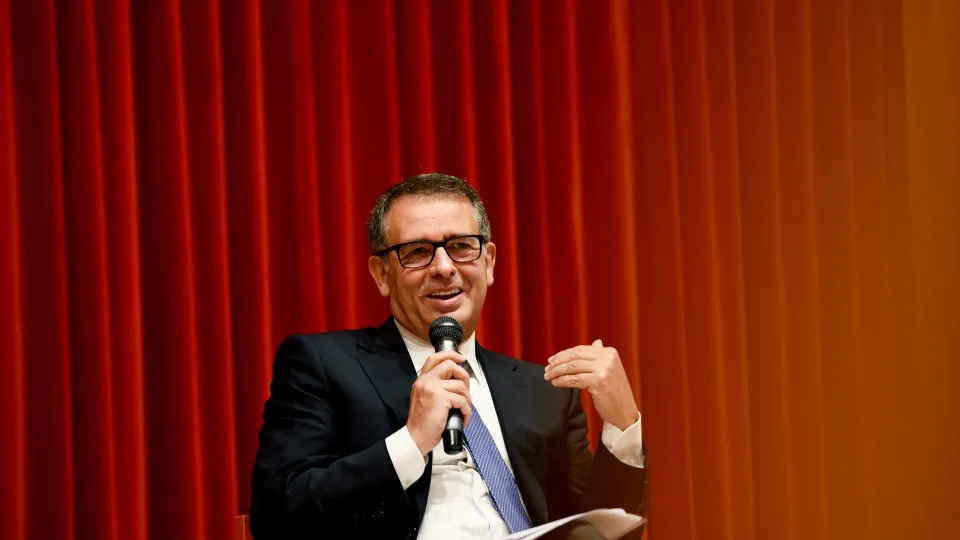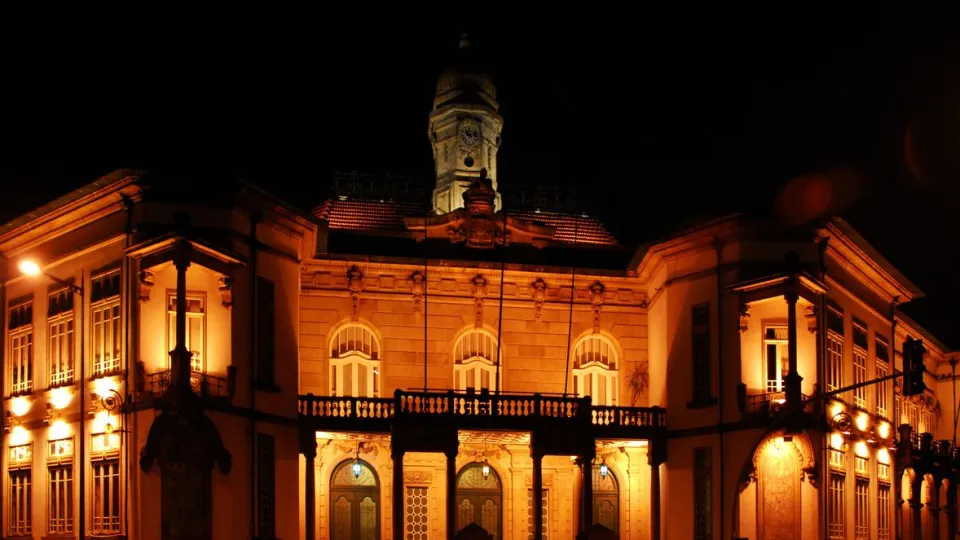
“We have a tariff update that is automatic and somewhat related to the increased cost of living, with rising inflation, and it is decided, so to speak, on a national level,” said the president of the Porto Metropolitan Area (AMP) and Porto City Hall, Pedro Duarte, after presiding over the first regular meeting of the Porto Metropolitan Council (CmP).
The matter in question was a proposal, unanimously approved by the mayors present, for the “regular tariff update for public passenger transport (TAT), to be in effect from January 1, 2026, in the AMP,” which was set at 2.28% by the Mobility and Transport Authority (AMT).
The specific way its implementation will affect the prices of occasional Andante tickets will be defined in December, but during the CmP meeting, the first secretary of the AMP executive committee, Ariana Pinho, indicated that if there is a direct application of the TAT, a Zone 2 ticket could increase from 1.40 euros to 1.43 and “round up to 1.45” euros.
Last year, there were no increases in occasional tickets or on-board tickets, with passes also maintaining their price.
Regarding monthly passes, Pedro Duarte stated that it was decided to “freeze” the price, which in most cases is 40 euros (metropolitan pass) or 30 euros (municipal or three zones).
“This value will be maintained for at least another year. This is done, evidently, with effort from the municipalities’ side, because a deficit arises, but we take on this burden as municipalities to indeed continue to promote the use of public transport also in this metropolitan area,” defended the metropolitan president.
The Porto mayor emphasized that there is a policy that “is social, associated with public transport, to support those who are more vulnerable and have fewer economic conditions,” but there also needs to be “sustainability” in “promoting forms of mobility that are compatible with what is nowadays the reality of the majority of large urban centers.”
“We have to look at public transport today as a public good that, in the end, benefits all those who use public transport but ultimately benefits all society not only from the point of view of environmental externalities but naturally what is the well-being, the quality of life of all people,” he said, when asked about the financial sustainability issues of transport services.




